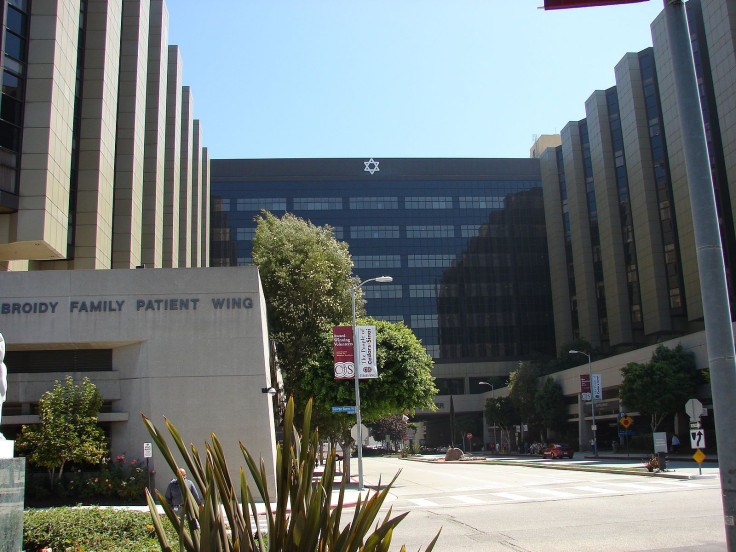Coronavirus Treatment: Muscular Dystrophy Therapeutic Shows Promise As COVID-19 Remedy

KEY POINTS
- An experimental treatment for COVID-19 is showing promising results
- It's the same treatment used for muscular dystrophy patients with heart failure
- Cedar-Sinai experts are now awaiting FDA approval for a larger experimental treatment
A treatment used for muscular dystrophy patients with heart failure has reportedly helped COVID-19 patients improve and recover after they took part in an experimental therapy undertaken at the Cedars-Sinai Hospital in Los Angeles.
Four of the six COVID-19 patients, who had respiratory failure and were on ventilators, are now reportedly discharged from the hospital because of this experimental treatment, known as CAP-1002.
The two remaining patients are still at the hospital’s ICU but with improving conditions. Their cases have been detailed in the scientific journal Basic Research in Cardiology.
The experimental therapy was headed by Dr. Eduardo Marban, the director of the Smidt Heart Institute, who has been using CAP-1002 for treating muscular dystrophy patients with serious heart damage. The expert and his team believed the same therapy may also work for COVID-19 patients, since novel coronavirus may also severely damage the heart.
CAP-1002 makes use of cardiosphere-derived cells from human heart tissues, which are grown in the laboratory. These cells are intravenously given to patients to treat heart failure.
Keith Miles, a patient who received the experimental treatment as a Hail Mary pass, was apparently off the ventilator within a day of his infusion. He was on the machine April 9 and experienced inflammation in his heart but Marban and his team administered CAP-1002 to control his body's reaction to the stimuli. The treatment saved his life and Miles is now home after a month of dealing with COVID-19.
The other patients who were given CAP-1002 infusion also got off the ventilators within four days of the treatment. Four of the patients were out of the hospital in less than three weeks.
The experimental therapy also showed no adverse effects on the patients. In contrast, six COVID-19 patients with similar severity, who were not part of the therapy, died at Cedars-Sinai's intensive care unit while this experiment was ongoing.
"'Friendly fire' is what's killing many coronavirus patients," Marban said. "The immune system unleashes a so-called cytokine storm into the blood—overwhelming the body with infection-fighting proteins that can trigger multiple-organ failure and death."
Marban and his team are now awaiting approval from the FDA to do a larger experimental therapy of CAP-1002 to confirm its viability for treating COVID-19.
"The only way to establish the efficacy of our therapy is with a randomized clinical trial," Raj Makkar, one of the study's co-authors said. "That is because some coronavirus patients get better on their own with standard treatments."
© Copyright IBTimes 2025. All rights reserved.





















